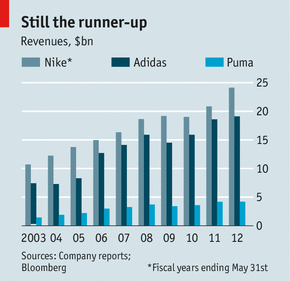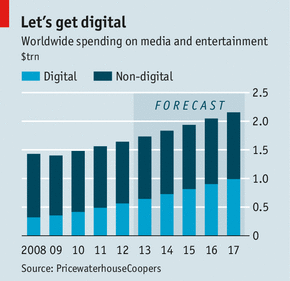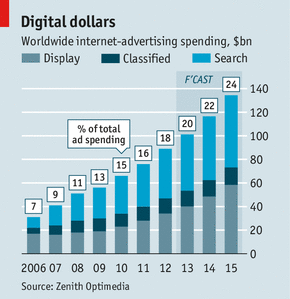Political satire used to be the preserve of artists and writers like Honoré Daumier, who caricatured King Louis Philippe in 19th-century France, and George Orwell, the author of “Animal Farm”. It has existed at least since Aristophanes took aim at the Greek elite in his plays, but thanks to modern technology and a changing political climate it is almost everywhere today. The internet has made it easier for the masses to join in the fun. Cartoons and lampoons can be posted online, no longer needing a print publication to host them. Social media have helped political sideswipes to spread as contagiously as laughter, and have fostered a “remix culture” in which internet-users share memes and post spoofs with abandon.
A niche craft practised by a talented few has turned into a globally popular hobby, and what was once considered audacious commentary is now mainstream. Satirists used to shock people, says Charlie Beckett, a media professor at the London School of Economics. But they have lost impact, no matter how vicious or personal. “Everyone is rude on the internet.”



